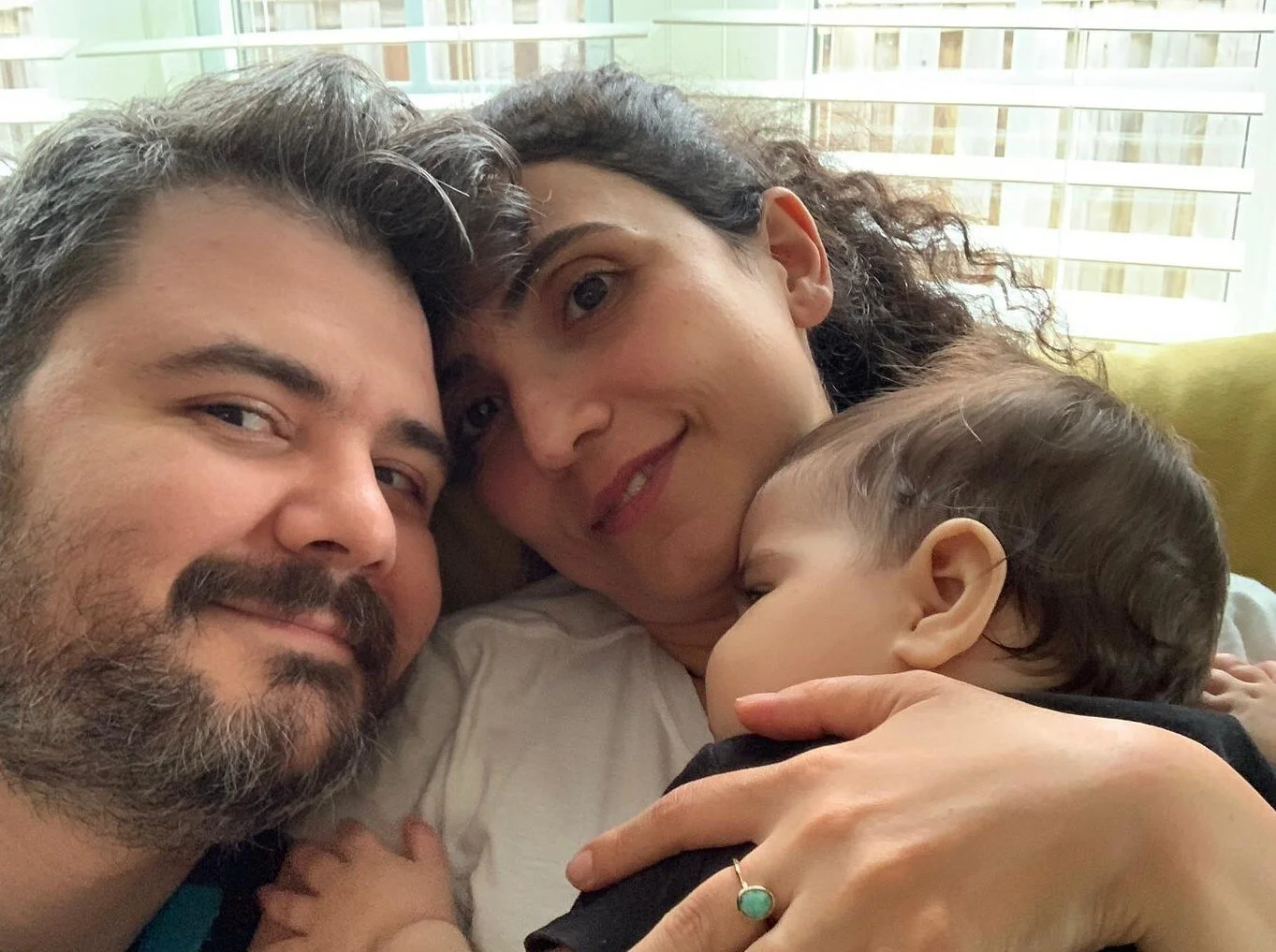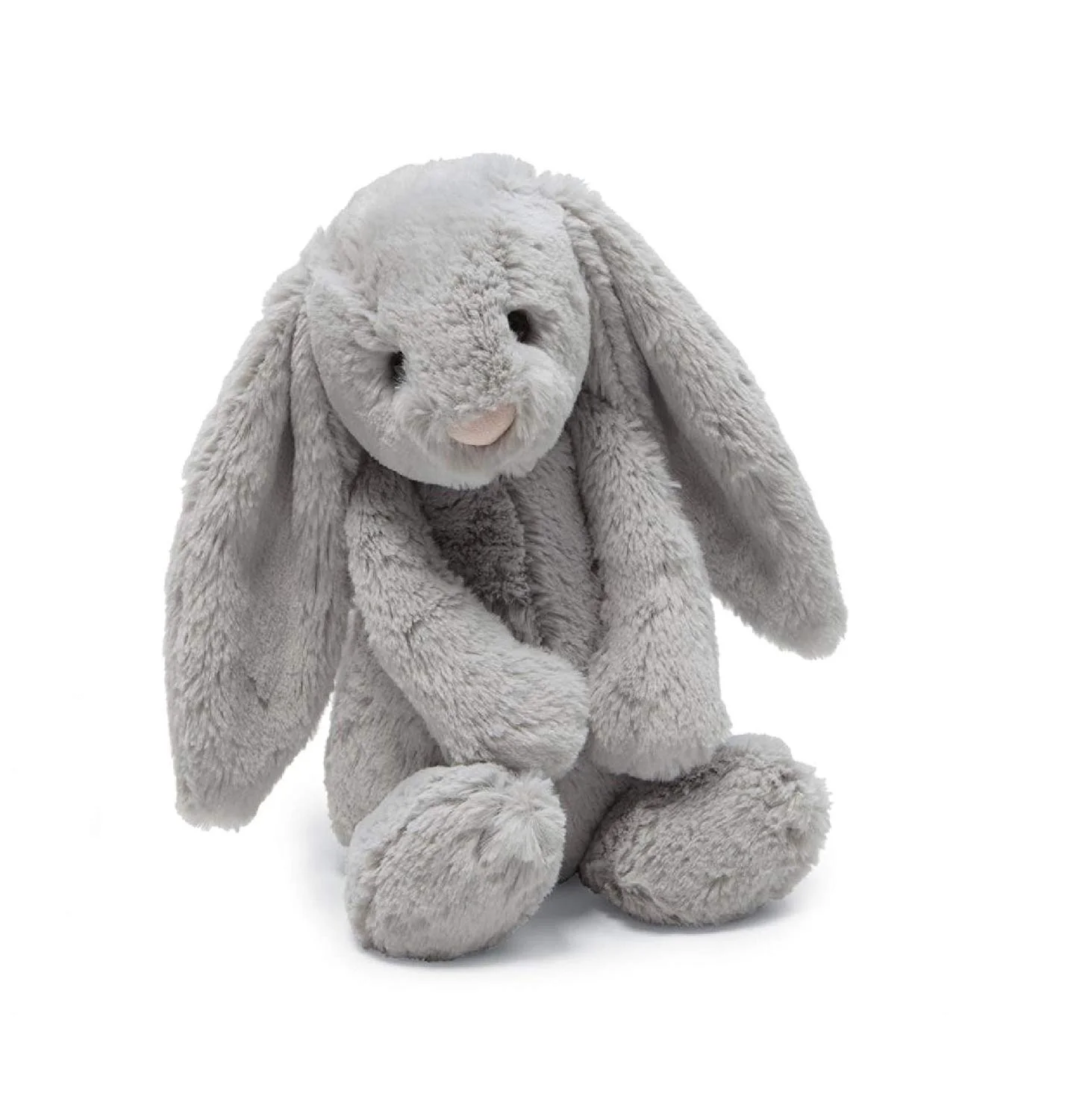Disclaimer: This case study is printed with the parents permission, but names have been changed to respect client privacy.
“Tired of Feeling Tired” - Suzanne’s story.
My heart went out to Suzanne when we first met and I definitely knew how she felt.
Five-month-old Logan was not connecting his sleep cycles and his parents were rocking and feeding him to sleep each night. When he did (finally) sleep, he only slept for an hour or two at a time and could not put himself back to sleep. Multiple nighttime wakeups were the frustrating norm. The exhaustion was catching up and being tired was feeling like the new normal.
In an attempt to find a solution and believing that they could all get better sleep, Suzanne did a lot of reading and research, but it was all contradictory and confusing.
Add in sleep deprivation and it was a real challenge. She ended up just trying endless tips and suggestions all making it worse or leaving her desperate and giving up.
People told her “it would sort itself out,” but it wasn’t. Months passed and it wasn’t magically going away. It was a rollercoaster and she was tired of leaving up to chance.
Suzanne KNEW that Logan could be sleeping better…she knew he wasn’t getting enough sleep and that it could affect his mood, growth and skill development.
She just didn’t know how to get him there. For Suzanne it was important to get personalised support and attention, for someone to be there holding her hand and to answer her questions and to work WITH her and her baby’s needs. She had done enough trying on her own and felt like she needed a solid plan and the support to pull her along to the finish line.
Then she came across Your Dream Plan.
The goal for Logan was to sleep independently and for Suzanne to have the tools that she needed to move forward.
Specifically we aimed for 12 hours of night sleep and some age appropriate independent naps.
This was all assessed on an individual basis considering total calories intake, a weaning plan and moms comfort in dropping feeds at night.
We walked through the game plan together. We offered support and a way to reach out whenever you had doubts or questions. Your Dream Plan was the helping hand and guide she needed that gently led her to see success.
Today, Logan is putting himself to sleep and sleeps in his crib, even for nap times. The entire family feels so much better! (insert *sigh of relief)
“If we didn’t start when we did, we would still be waiting!”
Getting started on sleep training has been essential for Suzanne and Logan. Not only has she addressed his issues head-on while he’s relatively young, but Suzanne has learned the tools and has a plan to support Logan as his sleep changes. She never has to worry what sleep will look like because she is confident and knows exactly what to do.
She is still in our the Your Dream Plan private facebook group and will pop in a schedule to review or a question from time to time, knowing she will always get an answer fast and has a backup when she needs it!
Suzanne knows that she will need to keep working on this as Logan grows. However, she’s gone from confused and overwhelmed to having confidence in her abilities. She understands how her son’s sleep works and frequently relies on her Dream Plan that she built. She will always have this to go back to and ongoing support in the online community if she needs it.
Suzanne thrived in this program. She knew that she needed someone to “hold her hand” and walk her through things. Since Your Dream Plan includes access to a sleep coach & a certified sleep consultant, I’m glad it could be that guide, support and help she needed.
What Suzanne had to say:
“Lily was the guide and the support that I needed. I wouldn't be where I am right now without her help.”
Note to Parents: Don’t Wait
Suzanne knew something was missing with her son’s sleep and she acted. I cannot stress how important that is - get started!
While you can always benefit from sleep training at any age, give yourself the gift of having tools and strategies in place as soon as you can. Human nature being what it is, we think that we have to “tough it out” or wait for it to sort itself out, and I’m here to tell you that that is absolutely not true.
The time you wait to get support for your baby’s sleep is the time that you’re going to stay tired, frustrated and overwhelmed. Instead of basking in the wonderful little person you have, you’ll be piecing together what you find online to help your baby sleep.
Instead of waiting for the situation to come to a head, let’s get started on Your Dream Plan now. We can work on solutions for your baby’s sleep that will help you be better rested so you can enjoy this precious time with your little one.







































